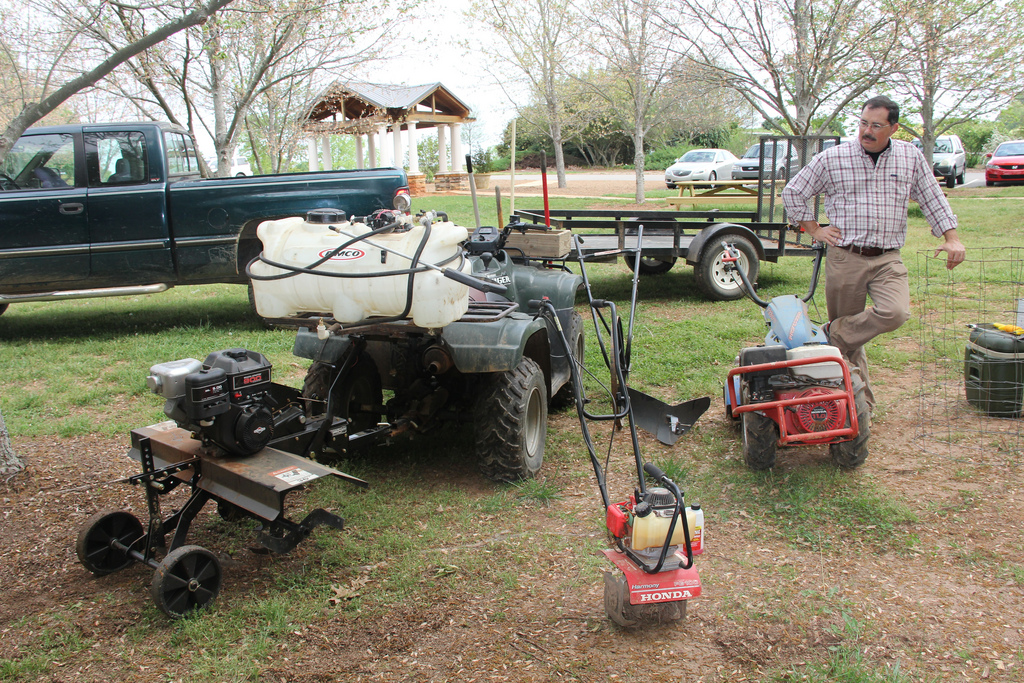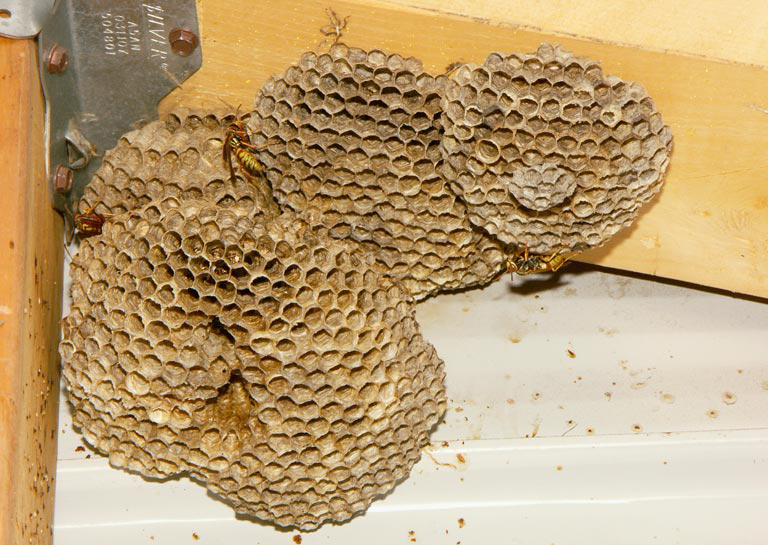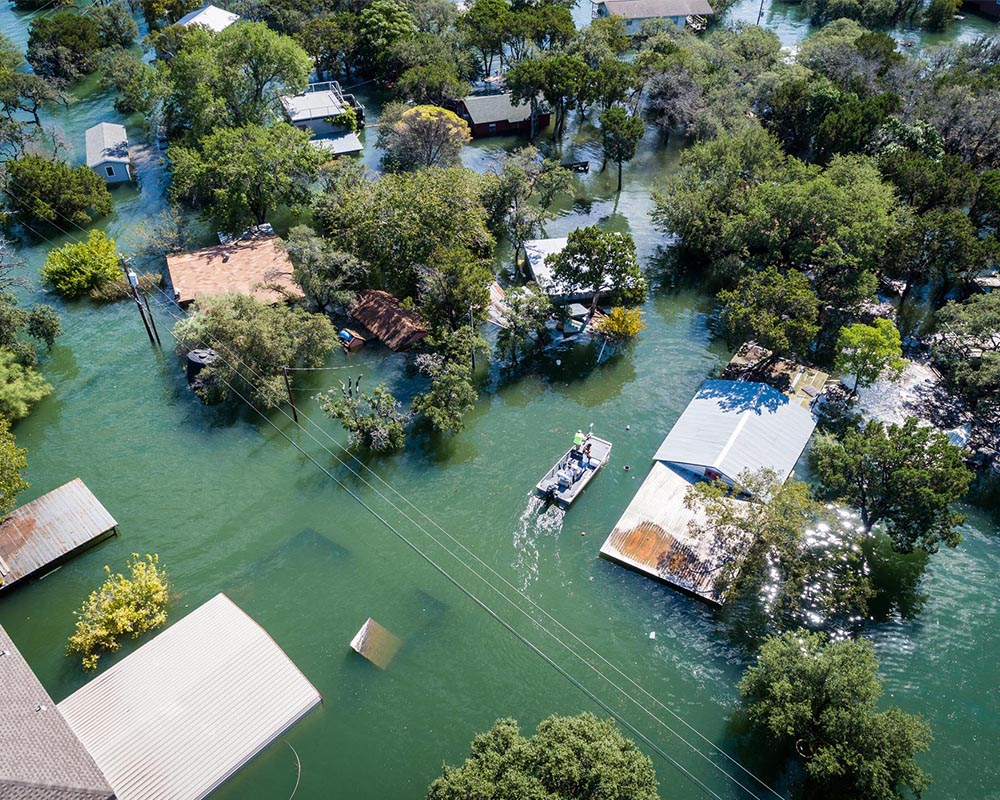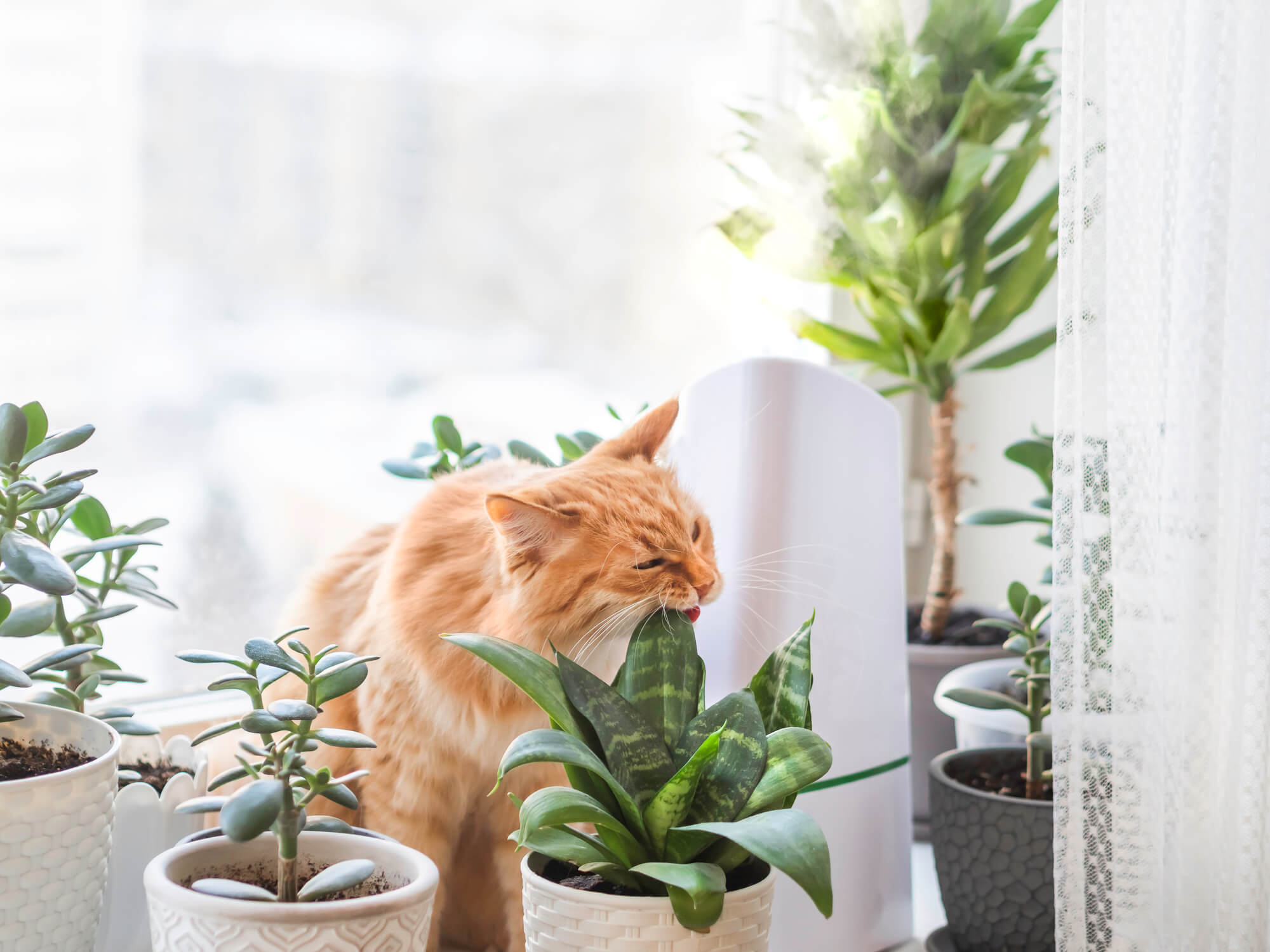 CAES News
CAES News
Toxic Plants
Every pet owner has probably asked their pet “What do you have in your mouth?!” at least once or twice — it’s an essential part of pet ownership. That’s why responsible pet ownership also includes knowing what houseplants or common flowers may be dangerous — or even fatal — to your pets.


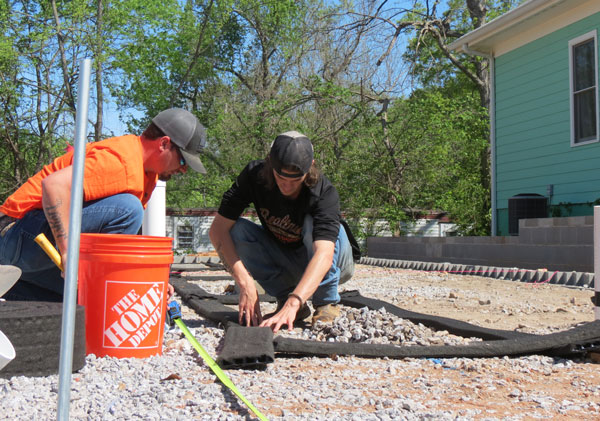
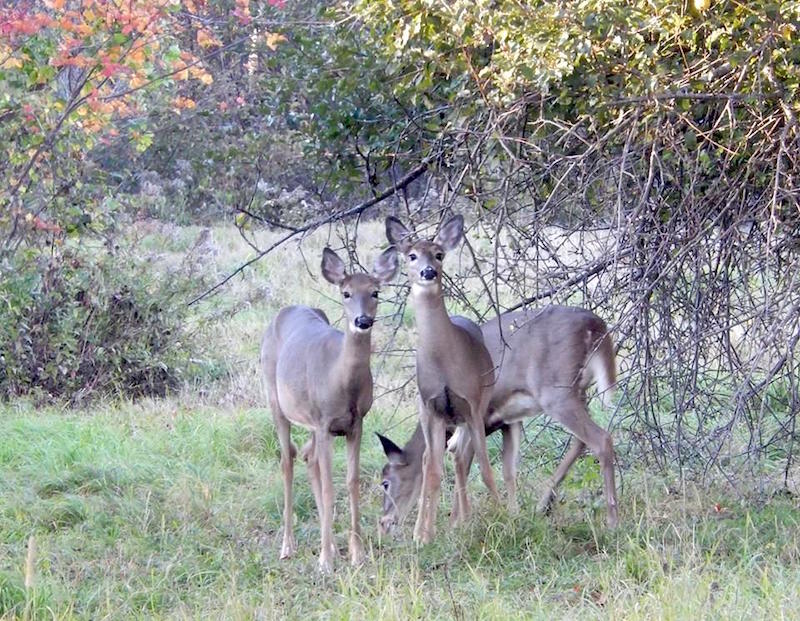
.png)
